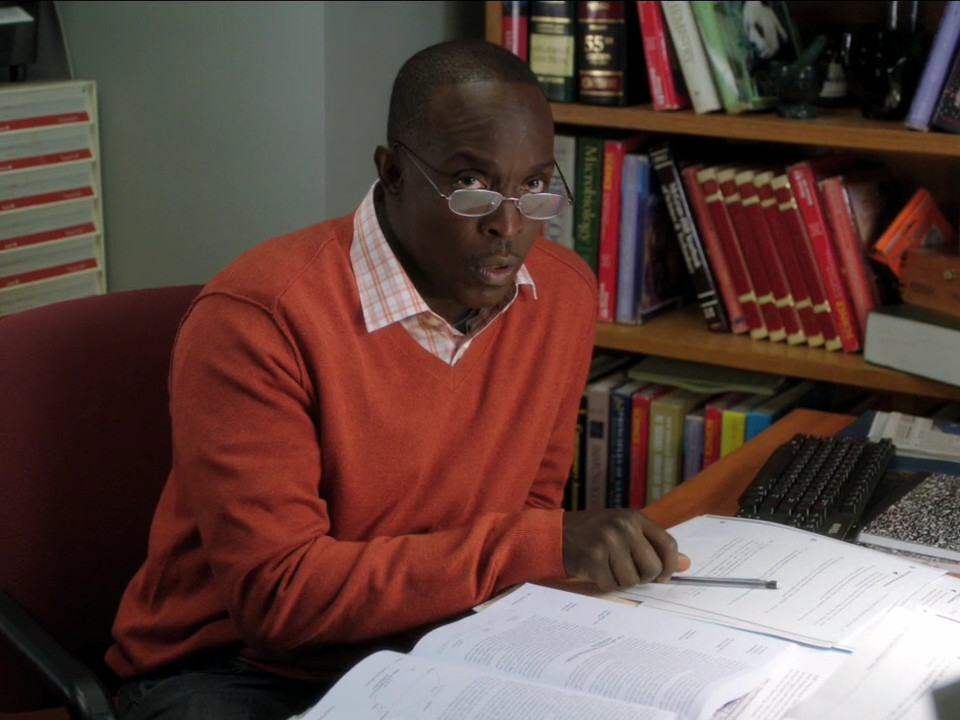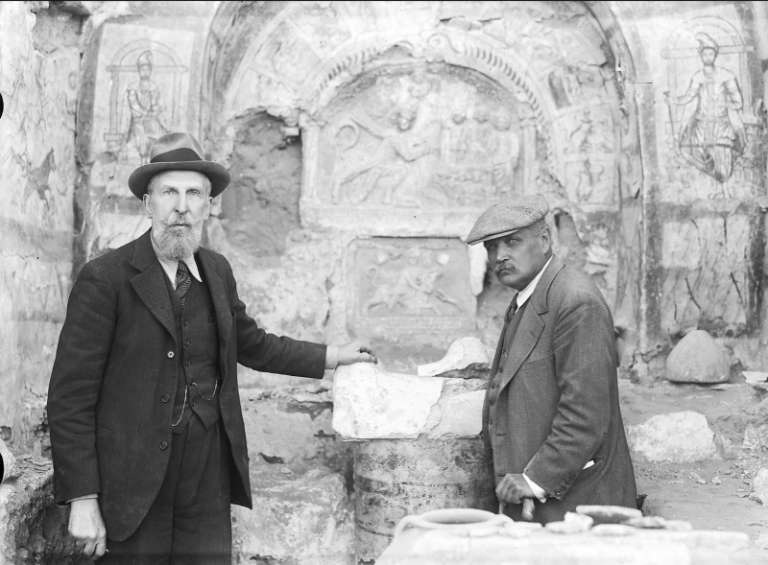Over the weekend there was minor episode on the Classics Jobs Wiki that further adds to my disgust with classicists. Someone decided to segregate the job postings into an unnamed main category and another labeled ‘Classics Adjacent.’ The latter category includes mainly philosophy, Near Eastern studies and history jobs that encompass ancient history but do not focus on it. There was some pushback; old timers on the site (like me) noted that these jobs had always been on the wiki and that one random individual is not empowered to decide what is and is not ‘classical.’
How does it possibly affect the usefulness of the site or hurt anyone to include these jobs? It is true that some of them will definitely not go to classicists (i.e. people with degrees in classics as opposed to philosophy or political science), but that has always been the case. One user suggested that the ‘adjacent’ jobs should include those that require a degree in a field outside of classics, but this too is unhelpful, since there are many interdisciplinary or joint degree programs. Also, many successful candidates ultimately do not fit the job descriptions in ever respect, even the ‘required’ qualifications. Anyone who has been on the market as long as I have would know that (perhaps I am showing my age here).
It makes me sad to see bigoted and chauvinist classicists. There was a time when classics was an ecumenical field — look at Rawlinson, Meyer, Rostovtzeff, Cumont, Nock and M. L. West, to name a few. It’s depressing to see the younger generation trying to limit its scope, for no appreciable purpose.


